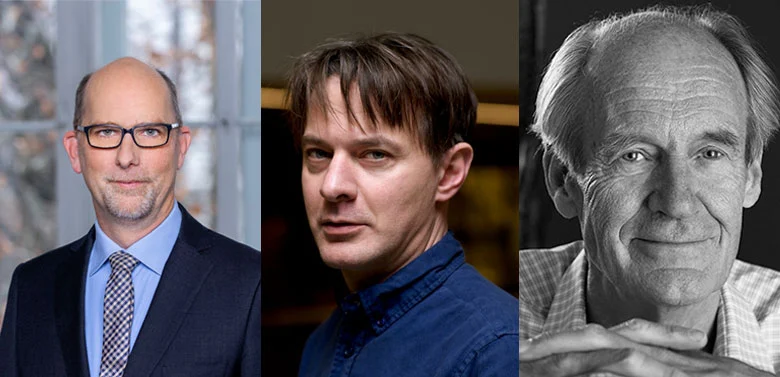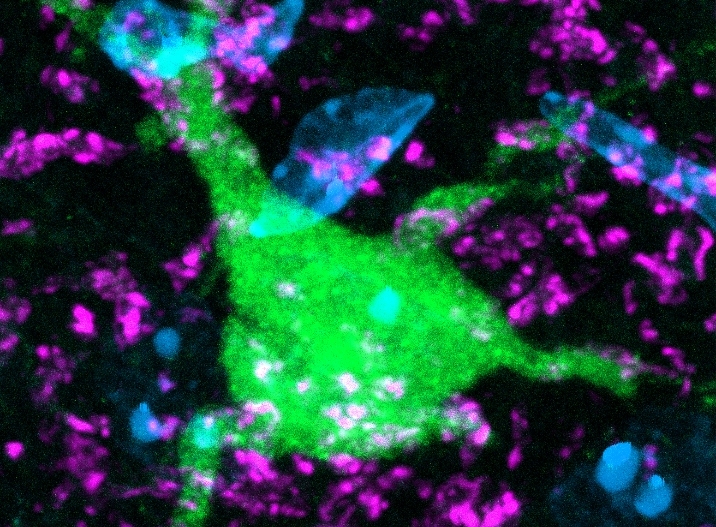University of Washington scientists P. Dee Boersma and Sue Moore are being recognized for their research and advocacy for two groups of large animals – penguins in South America and Arctic whales – that are sentinel species reflecting the health and well-being of their respective ecosystems.
Boersma, a UW professor of biology and director of the Center for Ecosystem Sentinels, is a finalist for the 2020 Indianapolis Prize for conservation, to be awarded later this year by the Indianapolis Zoological Society. Moore, a scientist with the center and a UW affiliate professor of biology and of aquatic and fishery sciences, has won the 2020 IASC Medal, also known as the Arctic Medal, from the International Arctic Science Committee.
Boersma joined the UW faculty in 1974 and has studied and advocated for penguins in South America for more than three decades – focusing on Magellanic penguins in Argentina and Galápagos penguins in Ecuador. Her efforts have not just gathered scientific information about these birds, but also shifted public opinion and government policy. When she first arrived at Punta Tombo – the stretch of Argentine coastline where hundreds of thousands of Magellanic penguins breed each summer – one company had proposed culling the birds for oil and protein, and to use their hides to make “high-end golf gloves,” said Boersma.
Over the years, Boersma has worked with partners such as the Global Penguin Society to protect Magellanic nesting grounds and welcome thousands of eco-tourists to view the penguins. Strategies have included diverting oil tankers farther offshore and setting up environmental preserves.
Boersma argues that penguins are indicators of ocean health. In the Galápagos, much of her research has focused on how the thousands of penguins there adapt to El Niño and other events in this “predictably unpredictable” region. For the Magellanic penguins, much of her team’s recent research has shifted toward understanding how conditions in the ocean – where they feed outside of the breeding season – impacts their health, well-being and reproductive success at Punta Tombo.
The Indianapolis Prize is the highest honor for animal conservation and has been awarded every other year since 2006. As one of six finalists, Boersma will receive $10,000. The winner, to be announced this spring, will receive $250,000. Boersma was previously a finalist in 2016 and 2018.
Moore has been studying whales and marine ecosystems in the Arctic region since 1981, using both visual surveys from aircraft and ships and listening for whales using hydrophones. Recently, she has studied how climate change is impacting the food supply and feeding behavior of bowhead and gray whales. Moore has also worked on mitigation scenarios to protect whales and other large mammals in the Arctic from the effects of shipping and oil and gas development in the region.
Moore began her career conducting Arctic whale surveys and related studies through the U.S. Department of the Interior, the Department of Defense and the National Oceanic and Atmospheric Administration. In 1998, she moved to NOAA’s National Marine Mammal Laboratory, and served as its director from 2002 to 2004. Moore’s involvement with the UW began in 2004, as a visiting scholar with the UW Applied Physics Laboratory where she worked to develop passive acoustic systems – like autonomous Seagliders and recorders – to study ocean ecosystems. She became an affiliate UW faculty member in 2006. In 2008, she returned to NOAA, where she led the Synthesis of Arctic Research program and helped to develop the Distributed Biological Observatory in the Pacific Arctic region. After retiring from NOAA in 2018, Moore joined the Center for Ecosystem Sentinels full time in 2019.
Moore similarly advocates for whales as sentinels of Arctic marine ecosystem health in a region that is warming rapidly due to climate change. She will receive the IASC Medal and deliver an invited lecture March 30 during the Arctic Science Summit Week in Akureyri, Iceland.








